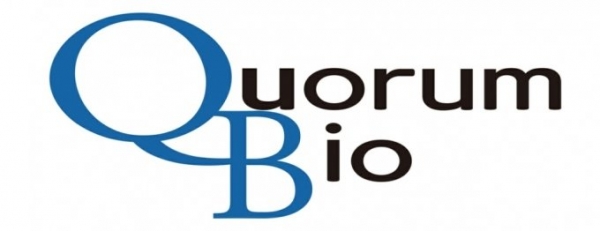Expects phase 1 study in the U.S. next year

Neuroinflammation, a major factor in the pathogenesis of various neurodegenerative diseases such as Alzheimer’s disease (AD), is mediated by the activation of NLRP3 (NOD-, LRR- and pyrin domain-containing protein 3) inflammasome.
NLRP3, also known as cryopyrin and expressed mainly in macrophages, forms the NLRP3 inflammasome together with the ASC (Apoptosis-associated speck-like protein containing a CARD) and pro-caspase-1. The NLRP3 inflammasome plays as a link between beta-amyloid and tau. Beta-amyloids accelerate the formation of NLRP3 inflammasome, resulting in the reduced clearance of beta-amyloids, a vicious cycle. Once activated, the NLRP3 inflammasome instigates the hyperphosphorylation of tau.
Therefore, targeting the NLRP3 inflammasome may be a new promising strategy to prevent or reverse the neuroinflammation and neurodegeneration in the AD patients via its anti-amyloid, anti-tau, and anti-inflammatory effects.
Multiple studies have demonstrated that the inhibition of the NLRP3 inflammasome reduced the neuroinflammation, beta-amyloid deposition, and eventually cognitive dysfunction in the AD mice models.
QuorumBio, headquartered in Seoul, is a biotechnology company developing new therapeutics for inflammatory dental diseases. The company, in collaboration with Chonnam National University, found that QAL333, its novel NLRP3 inflammasome inhibitor, can permeate the blood-brain barrier (BBB) and prevent the death of neuroglial cells efficiently in the hippocampus of AD animal brain. It was also discovered that QAL333 can ameliorate inflammatory response by blocking the activation of caspase-1.
Based on these findings, QuorumBio has a plan to submit an Investigational New Drug application (IND) for phase 1 clinical trial for the U.S. Food and Drug Administration (FDA) to evaluate the AD candidate molecule of QAL333 in May 2022.


